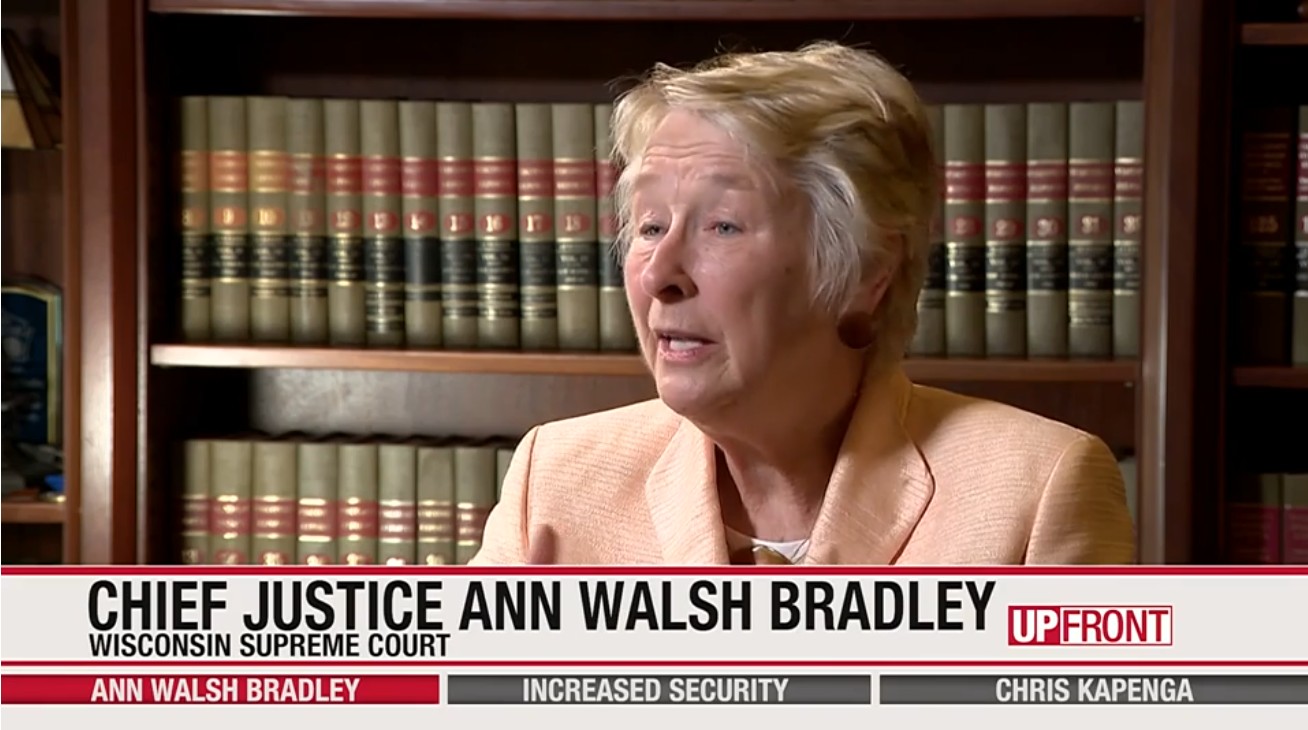Chief Justice Ann Walsh Bradley, who will retire when her term ends next month, says politicization and the record spending in recent state Supreme Court races is a danger to the future of the court. “It’s dangerous to the court,” Walsh Bradley said on WISN 12’s “UpFront,” which is produced in partnership with WisPolitics. “It’s dangerous to our form of government. You know, one of the reasons we ...
Please log in to access subscriber content.
If you don't have a subscription, please contact schmies@wispolitics.com for subscription options on the WisPolitics-State Affairs platform, which is the new home for WisPolitics subscriber products.


